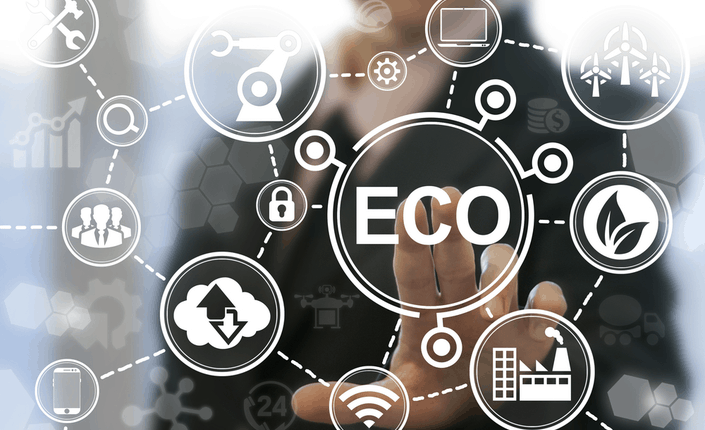
This article was written and published in Spanish and has been translated into English via Google Translate. Click here to read the original article.
A third of carbon dioxide emissions come from buildings, so the fight against climate change also involves improving sustainability in real estate.
Sustainability also goes through real estate. Buildings are responsible for 40% of global energy consumption and approximately one third of carbon dioxide emissions. Therefore, "the fight against climate change also involves placing sustainability objectives at the same level as economic objectives in real estate," as indicated by the Global Sustainability Report 2018 published by JLL.
Thus, sustainability has been gaining positions among the priorities of large companies when choosing their offices. The energy rating of buildings and water expenditure have become priorities in the short and medium term, taking into account, in addition, that sustainable buildings also provide a healthier and more productive space.
Office buildings are one of the major sources of water consumption and waste generation. Only the properties managed by JLL spent more than 217.7 million cubic meters of water in 2018 and generated more than 6.5 million tons of waste, of which only about three million tons were recycled.
Workers' trips are another major cause of pollution. JLL activities generated approximately 76,740 metric tons of carbon dioxide, taking into account the journeys to reach offices every day and business trips.
In this sense, promoting that workers develop their tasks from home or that most work meetings become telematics are options that allow reducing pollution generated by companies.
On the other hand, according to the document, sustainable buildings are not only those that reduce their impact on the environment, but also offer work spaces that increase the quality of life and productivity of their employees.
JLL Office Strategy Consultant Samia Toemen explains that "sustainability goes well beyond the efficient use of natural resources." In this sense, creating more sustainable work spaces also means increasing the "innovation potential" of workers.
To achieve these objectives, it is necessary that all the actors in the sector, from the developers to the tenants of the real estate, get involved in reducing the energy consumption of the real estate sector.
This article was written and published in Spanish and has been translated into English via Google Translate. Click here to read the original article.
Join us November 12-15 for the Property Portal Watch Conference Madrid 2019.